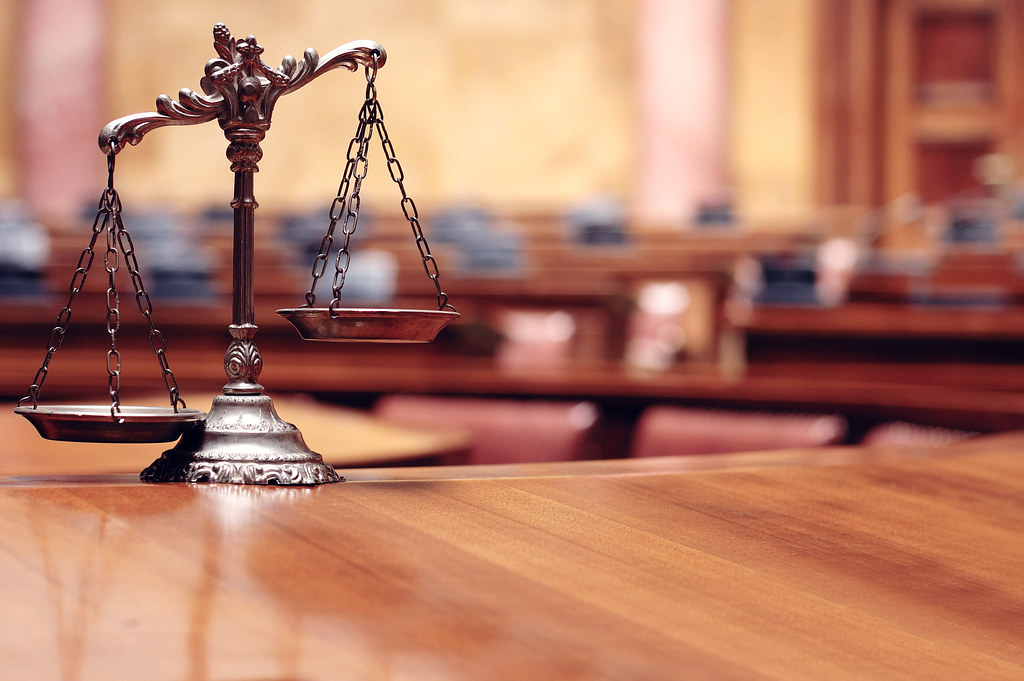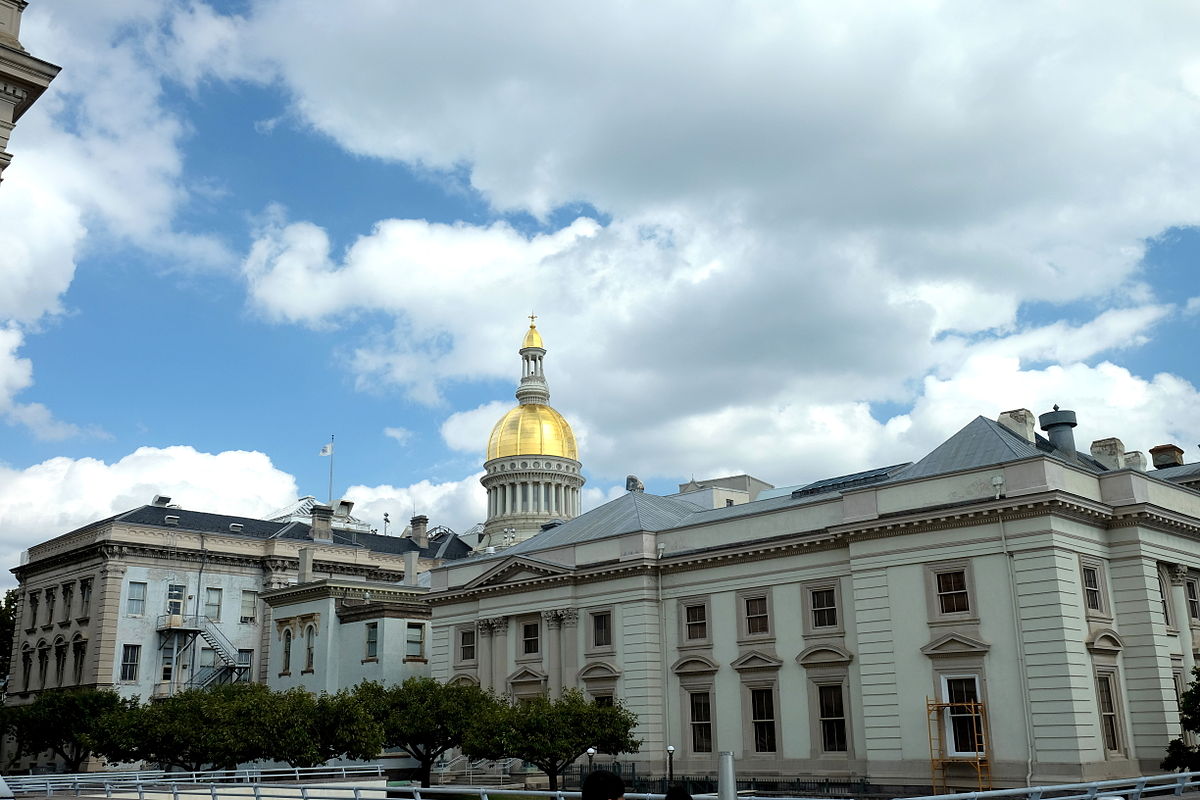


Previously if you met the requirements of the NJDEP and state and federal laws you were authorized, companies weren’t required to look at existing sources of pollution in the community. The Environmental Justice Law now requires that an Environmental Justice assessment considering the entire facility property be completed to avoid additional contributions of pollution to an overburdened community. This assessment must be complete even before clean air or water permits are given by the NJDEP. Another requirement of the law is that the applicant must have meaningful involvement with the community they are looking to build in. This means the applicant must host meetings and a public hearing in addition to submitting an Environmental Justice impact statement. The whole process becomes more transparent and there is space for community members to be informed in advance and make comments that the applicant must respond to. Anecdotally, Kandyce Perry, the Director of the Office of Environmental Justice at the NJDEP, reports that since the law has been in place, more people have engaged with the NJDEP on the topic of Environmental Justice. A conversation means there is attention on the issue which is always a good thing.
